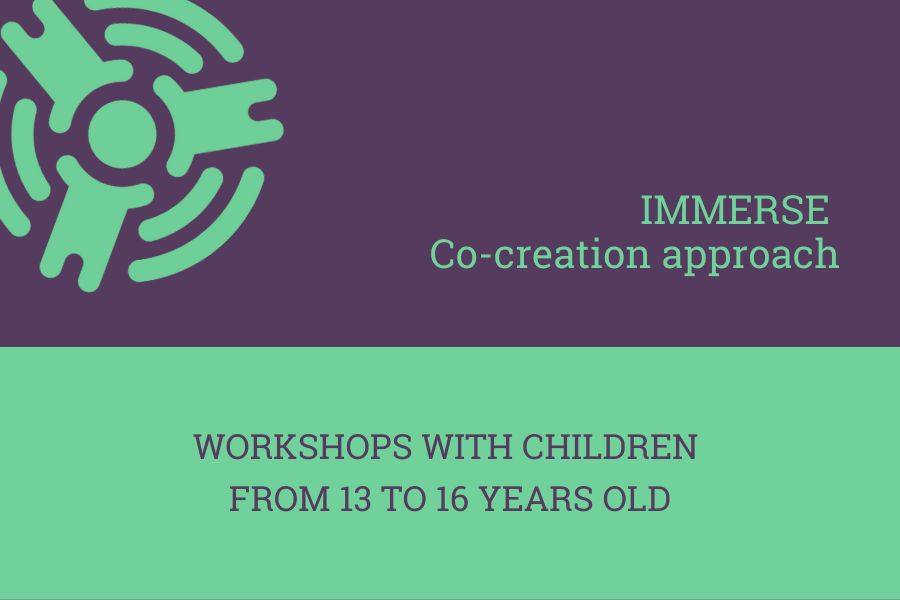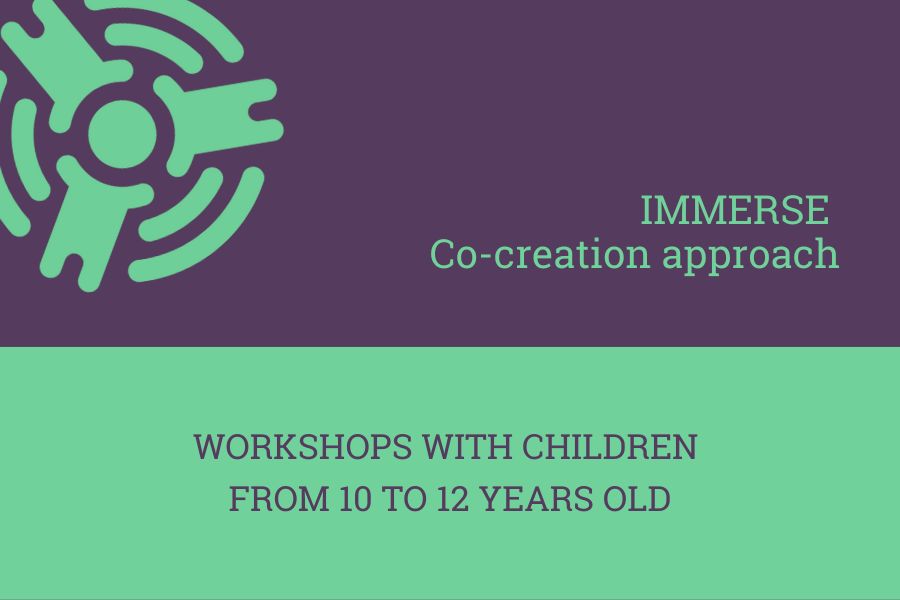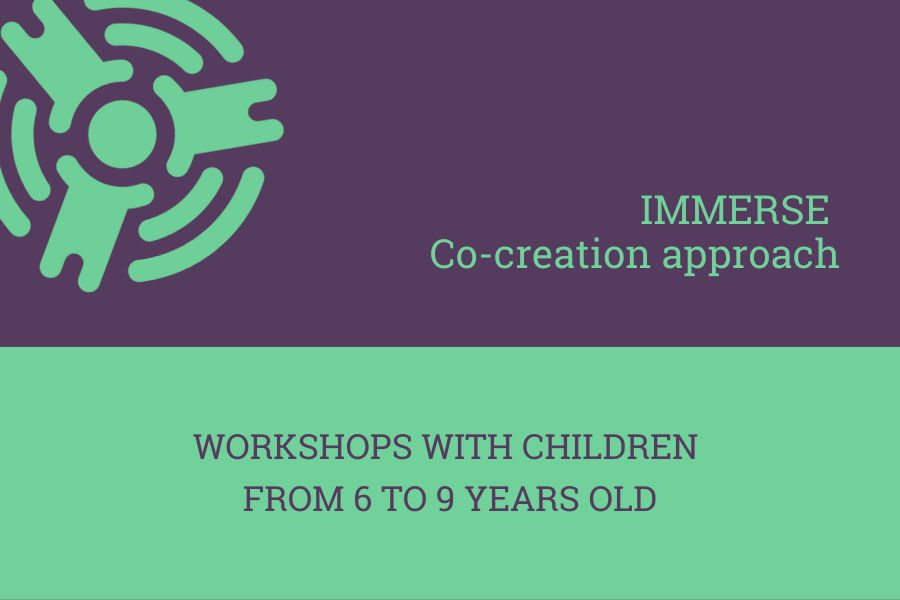Description
The acronym CAM (Children Affected by Migration) is used when referring to children who are refugees, asylum seekers, economic or social migrants, or those left behind by family moving to another country. At the heart of the project is the concept of ‘convivencia’ – a Spanish word meaning ‘living together in harmony’ and the knowledge that children do not learn well if they are unhappy, insecure or frightened. The purpose of the ICAM project is to increase the inclusion and improve the learning capacity of children affected by migration by enhancing the climate of convivencia in schools and at home, by raising awareness about children’s rights and the law protecting them, and by providing additional support in school and in the family for their social and emotional learning and general wellbeing. To reach this goal, the project provides for the professional development of ICAM school leaders, who will increase the capacity of schools to maintain a safe and secure learning environment and enhance Social and Emotional Learning (SEL). ICAM further integrates parent/carer education to provide additional support for families and encourage on-going SEL also in the home. The project is funded by the European Commission (EACEA) with co-funding from Erasmus+.
- Access to compulsory education
- Children complete compulsory education
- Children maintain their cultural identity while adopting new cultural values and intercultural competences
- Children remain in (formal) education beyond compulsory levels / Access to (formal) non-compulsory education
- Children's academic skills
- Children's competence in host language
- Children's life satisfaction / happiness
- Children's sense of belonging
- Friends and peers (bridges)
- Friends and peers (support)
- Institutions
- Teachers
- Types & levels of (formal) non-compulsory education attended
Evaluation ex post
Ongoing project with regular events. In May 2021, with Eurochild, ICAM presented: Equal chances for every child: Tackling inequalities and ensuring access to education for Europe’s children in need during and after the pandemic.
Projects’ deliverables
Development of training tool kits used by schools to create formal and informal curricula development. Events, videos are the main deliverables on top of the actual training and evaluation of schools/educators and carers.
Reproducibility
A toolbox has been created, and replication and sharing are encouraged.
Motivation for the submission
ACE were presenters (of Immerse Hub) at EUrochild event where ICAM presented, and there are hopes for future collaboration.



